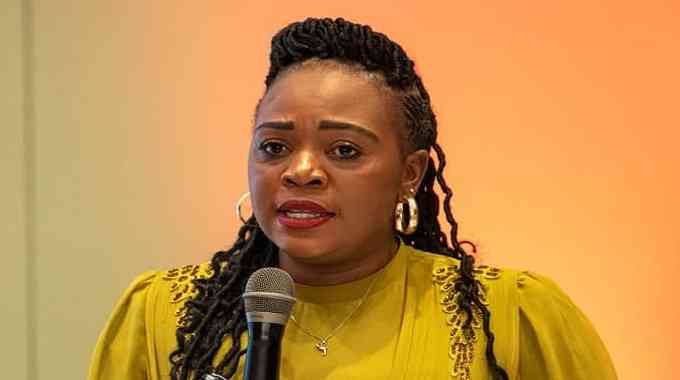
THE African continent needs to improve its internet connectivity, with the current penetration rate below 50%, while Zimbabwe boasts a notable 78% connectivity rate, ICT and Courier Services minister Tatenda Mavetera has said.
She said there was still quite a lot that needed to be done for African States to make sure that the continent achieves 100% penetration rate.
Speaking at the 6th Privacy Symposium Africa gathering yesterday, Mavetera called for innovative solutions, particularly focusing on the inter-sectionality of gender, equity and technology.
The symposium brought together privacy experts, policymakers and business leaders to discuss key issues surrounding data protection.
Mavetera advocated for a collaborative approach to implementing artificial intelligence (AI) across sectors.
“We need to be in these conversations together with advisory bodies from all our Parliaments,” she said stressing the importance of involving public sector representatives, academia and civil society.
The minister also announced the establishment of a multi-stakeholder AI committee within the ministry to foster inclusivity in technology policy-making.
Meanwhile, Law Society of Zimbabwe executive secretary Edward Mapara has warned against misuse of surveillance technologies, which has historically been employed to suppress freedom of expression in Zimbabwe. He called for regulations that protect citizens’ constitutional rights while leveraging on technology for democratic participation.
- Harvest hay to prevent veldfires: Ema
- Public relations: How artificial intelligence is changing the face of PR
- Queen Lozikeyi singer preaches peace
- Public relations: How artificial intelligence is changing the face of PR
Keep Reading
“Surveillance has been used as a tool of control, suppressing freedom of expression and democratic participation,” he said, calling for policy reforms to balance technology and human rights.
Mapara emphasised the importance of protecting election data in Africa’s digital democracy.
“Election data represents the will of the people. When compromised, trust in democratic systems is eroded,” he said.
The conference also tackled the complexities of election data management in Africa’s digital democracy.
Panellists highlighted the need for secure and transparent systems to preserve the integrity of electoral processes, emphasising that election data represents the will of the people.










